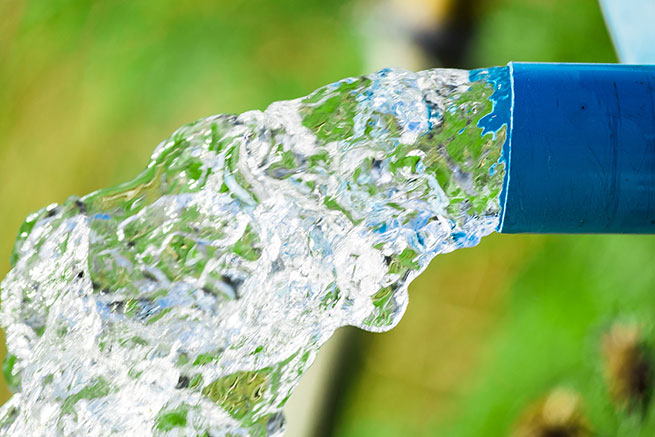Advanced Water
A company overview
EnquiriesUnder general health and safety law, you have to consider the risks from legionella that may affect your staff or members of the public and take suitable precautions. As an employer or a person in control of the premises (eg a landlord), you must:
For a Mains chlorination under the Water Supply (water fittings) Regulations 1999 (SI 1999, 1148), you will be required to disinfect your pipe work prior to connection.
BS 8558 specifies requirements for and gives recommendations on the design, installation, alteration, testing and maintenance of services supplying water for domestic use within buildings and their curtilages.

Call our experienced team on:
At Advanced Water Technologies we want to keep you informed and we want to make sure that you have access to all the information you need. You can view all of our accreditations, find out about our services and view important links and legislation information. You can also call or email us by visiting our contact us page.
The Water Supply (Water Fittings) Regulations 1999 were made under section 74 of the Water Industry Act 1991 to prevent the waste, misuse, undue consumption, contamination or erroneous measurement of drinking water.
The Regulations set requirements for the design, installation and maintenance of plumbing systems and water fittings in England and Wales. They are enforced by water companies in their respective areas of supply.
Contamination of drinking water can occur when a decrease in pressure in the water supply causes fluids to travel back up the pipe. This is known as backflow or backsiphonage, which can cause contaminants to be drawn back into the drinking water supply unless adequate precautions are taken.
The Regulations identify five fluid categories, which reflect the impact of downstream fluids and the associated risk to public health should fluids contaminate drinking water. The backflow prevention specification within the Defra guidance to the Regulations (see above) equates each fluid category to a range of suitable backflow prevention devices.
© Advanced Water Technologies